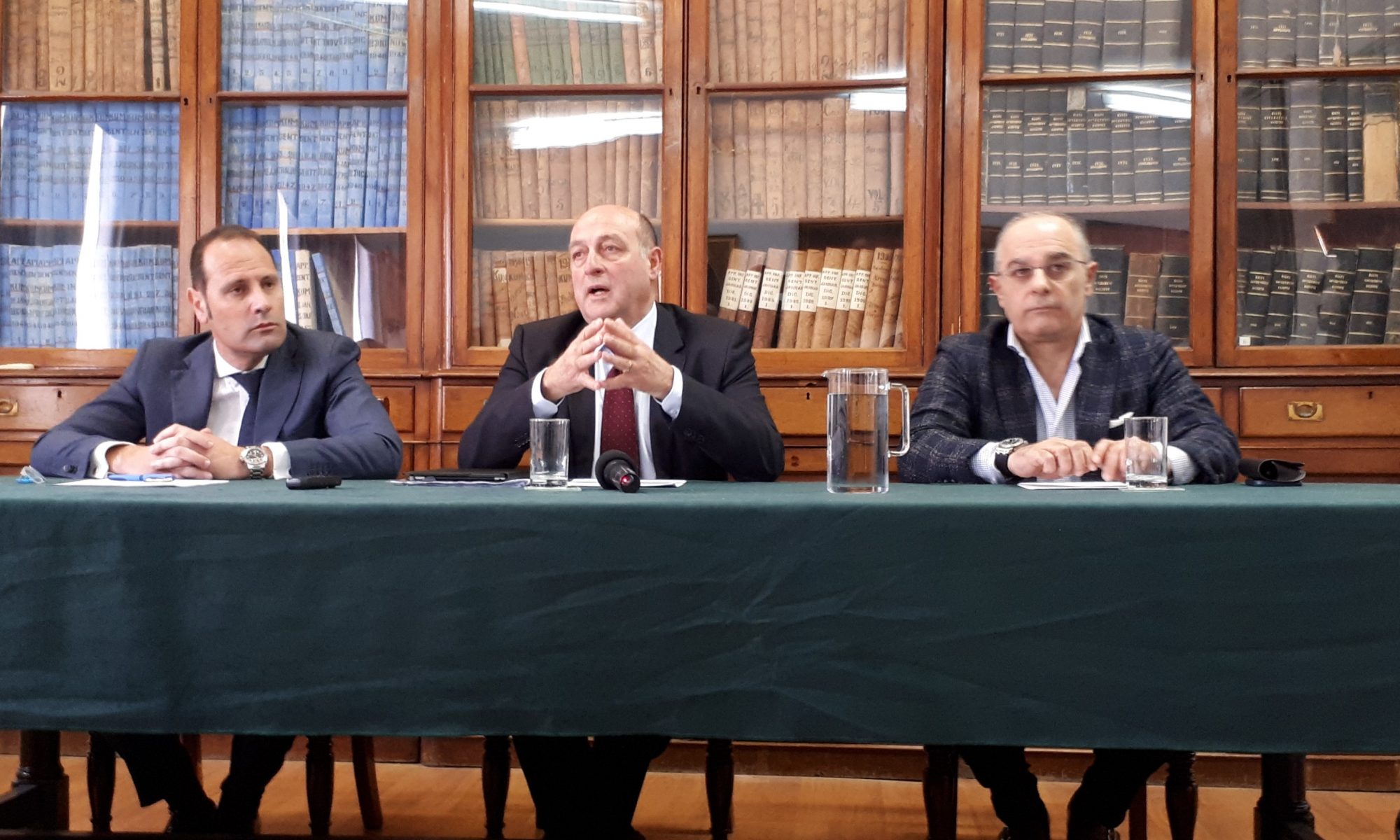The Chamber of Advocates has taken note of the statement issued by the Association of Magistrates and Judges and articles that have appeared in the local media and feels it is duty-bound to set the record straight in view of the numerous red herrings and material inaccuracies being made.
First and foremost, it is important to explain that for a law graduate to obtain the warrant to exercise the profession of “advocate”, that graduate is subjected to two separate tests, consisting of, a written paper and an oral examination during which candidates are examined by a panel of two judges assigned by the court administration. Candidates are assigned to the panels in groups in approximately equal number in alphabetical order.
Following the written examination held on the 4 of January 2018 the Chamber of Advocates received a report that two candidates who had been found guilty of criminal offences had taken the written examination.
On the 8 January 2018 the Chamber wrote two letters to the Chief Justice, one in respect of each candidate, outlining the nature of the charges brought against each one of them, which charges incidentally were admitted by the accused and attached a copy of the two court judgements. The letters specifically requested the Chief Justice to bring the letters to the attention of the panel of judges assigned to examine the two candidates.
It is our understanding that these letters were duly forwarded to the respective panels of judges.
The two sets of judges declared that the two candidates satisfied the criteria set out in Article 81 of the Code of Organisation and Civil Procedure (Chap. 12 of the Laws of Malta), that states, amongst others, that no person shall be entitled to obtain the warrant to practice as an advocate unless he/she is a person of good conduct and good morals.
All that had to be decided by the judges was simple. Were the two candidates, who had been charged with and admitted to theft and forgery offences, of good conduct and good morals?
Article 81 of the Code of Organisation and Civil Proceedings does not, as the statement by the Association of Magistrates and Judges gives the impression, mentions “criminal convictions” or “clean police records”. The Association of Magistrates and Judges has felt the need to explain to the public at length the definition of a conditional discharge and that this is not tantamount to a conviction. This is totally irrelevant to the matter at issue. In any event it might have also been pertinent for the Association to explain that whilst a conditional discharge is not tantamount to conviction, it is still a finding of guilt and the offender is simply discharged from punishment.
The message by the Association of Magistrates and Judges is that individuals who have committed and admitted to the crimes of theft and forgery but are “conditionally discharged” are to be considered as persons of good conduct and morals. The Chamber cannot and does not share this position and invites the Association, in the best interests of the profession, to withdraw the position taken.
The Association of Magistrates and Judges also referred to the fact that the Certificate of Conduct presented by each of the two candidates for the judges’ scrutiny was “unblemished”. Even this point is in the Chamber’s view totally irrelevant. The fact that the crime does not appear on the Police Conduct Certificate cannot, and indeed should not, be construed to mean either that the crime was not committed or that the perpetrators of the crime are to be considered of “good conduct and morals”. The Conduct Certificate issued by the Police may well be considered, at best, as prima facie evidence of “good conduct”, that must be set aside when contradicted by proven facts to the contrary that were made known to the examining judges.
The Chamber of Advocates cannot subscribe to this view either. Conduct Certificates cannot and should not be the only and conclusive basis upon which conduct, and morals are properly assessed.
The Chamber of Advocates is committed towards higher standards of competence and integrity within the profession; to promote these core values as distinctive of the profession; and to protect the good name of the profession. Any attempt to equate theft and forgery with good conduct will certainly not serve to either help in these endeavours nor to improve the public perception of the profession and the justice system as a whole.
It is with regret that the Chamber had to formally and unequivocally reply to the statement made by the Association of Magistrates and Judges which places it in conflict with members of the judiciary. However, the issue of good conduct within the profession is a matter on which the Chamber feels it cannot compromise and will not allow any attempt to weaken the high standards of conduct which it shall continue to strive for.










